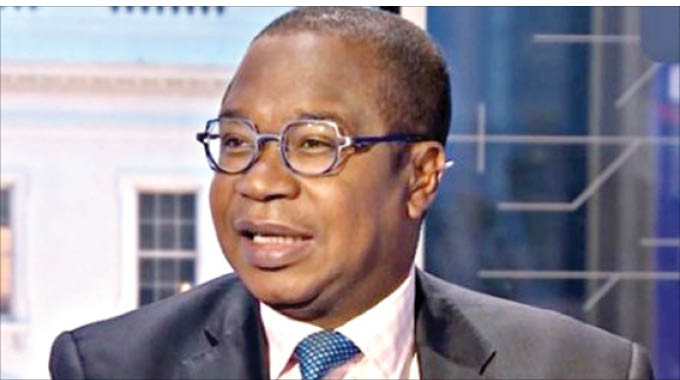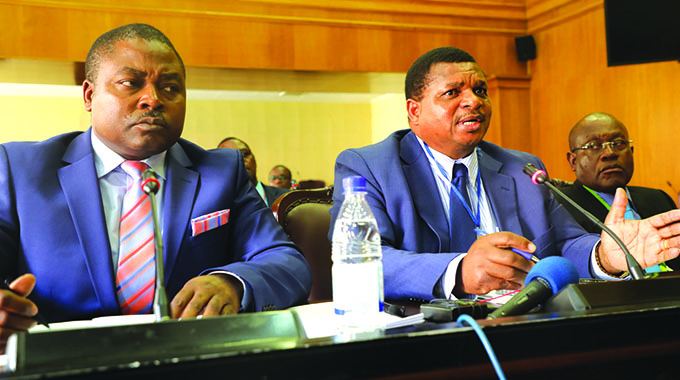Zim, WB deepen re-engagement

Africa Moyo Deputy News Editor
Zimbabwe’s engagement and re-engagement drive with countries and international financiers continues to gain momentum, with Finance and Economic Development Minister Professor Mthuli Ncube meeting a key World Bank official on Monday this week.
The meeting between Prof Ncube and World Bank executive director Ms Anne Kabagambe took place in Harare.
A number of issues, including the raft of reforms being implemented by the Second Republic, were discussed.
Prof Ncube told The Herald yesterday that issues pertaining to ease of doing business reforms, whose completion is expected to attract more investors and help Zimbabwe’s quest to attain Vision 2030 of an upper middle income status, were discussed.
The engagements with the key multi-lateral lender will continue in April during the World Bank Spring Meetings scheduled for Washington, the United States.
“I had a meeting with Madam Anne Kabagambe, the executive director (board member) at the World Bank who represents Zimbabwe and other countries,” said Prof Ncube.
“We discussed progress on Zimbabwe’s policy reforms agenda; key priorities for 2020 namely growth and productivity, food security, energy security, currency stability, and improving the business environment.
“The IMF Staff Monitored Programme; various development projects financed by the World Bank, including Cyclone Idai recovery programmes; the need for more international support for social protection programmes in Zimbabwe; and key issues to be discussed during the upcoming Spring Meetings in April in Washington DC, were discussed.”
President Mnangagwa’s administration places emphasis on social protection and has come up with a number of initiatives designed to cushion vulnerable citizens, including food support.
On Tuesday, Cabinet announced the introduction of garrison shops for defence forces members so that they access affordable basic goods.
Further, the Government is introducing a US$100-million fund from where Government employees will get affordable loans.
The World Bank has been supportive of Zimbabwe’s social programmes, but the Government wants the cooperation to be extended to financial support, which could be advanced to the productive sectors to accelerate economic recovery efforts.
Zimbabwe is determined to re-engage international financial institutions to normalise relations.
A report on the implementation of the Second 100-Day Cycle released towards the last quarter of last year showed that Government engaged the World Bank and the IMF with the target of striking agreements on the clearance of debt and arrears.
During the engagements, the international financial institutions were largely satisfied with Zimbabwe’s ongoing economic reform trajectory being implemented under the Transitional Stabilisation Programme (TSP), a short-term economic blueprint that runs from October 2018 to December 2020.
The Government says round-table meetings with the IMF and the World Bank, alongside the IMF Spring Meetings, were held in a bid “to facilitate the unlocking of new funding and clearance of debts and arrears”.
“Pursuant to the re-engagement thrust, bilateral meetings were held with the African Development Bank (AfDB), UK, EU, US State Department, Sweden, Germany and the Department for International Development (DFID) wherein Zimbabwe was commended for progress achieved in its economic reform trajectory,” reads the report.
“An agreement was reached with IMF on the Staff Monitored Programme.”
During the round-table meetings, an agreement was reached with the IMF on Staff Monitored Programme (SMP).
At the end of May, the IMF approved a one-year SMP for Zimbabwe aimed at supporting Government’s reform agenda.
The IMF acknowledged that the Government was committed to “addressing the macroeconomic imbalances, removing structural distortions to facilitate a resumption in growth, and to re-engage the international community including by clearing its external arrears.”










Comments